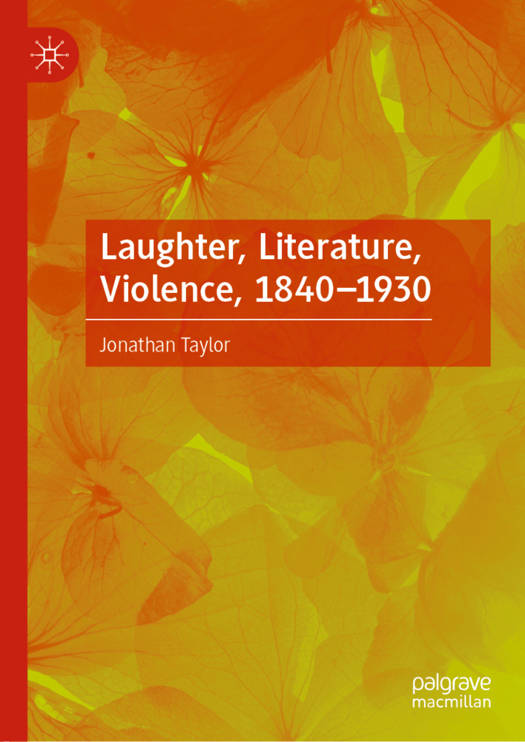
- Afhalen na 1 uur in een winkel met voorraad
- Gratis thuislevering in België vanaf € 30
- Ruim aanbod met 7 miljoen producten
- Afhalen na 1 uur in een winkel met voorraad
- Gratis thuislevering in België vanaf € 30
- Ruim aanbod met 7 miljoen producten
Zoeken
Omschrijving
Laughter, Literature, Violence, 1840-1930 investigates the strange, complex, even paradoxical relationship between laughter, on the one hand, and violence, war, horror, death, on the other. It does so in relation to philosophy, politics, and key nineteenth- and twentieth-century literary texts, by Edgar Allan Poe, Edmund Gosse, Wyndham Lewis and Katherine Mansfield - texts which explore the far reaches of Schadenfreude, and so-called 'superiority theories' of laughter, pushing these theories to breaking point. In these literary texts, the violent superiority often ascribed to laughter is seen as radically unstable, co-existing with its opposite: an anarchic sense of equality. Laughter, humour and comedy are slippery, duplicitous, ambivalent, self-contradictory hybrids, fusing apparently discordant elements. Now and then, though, literary and philosophical texts also dream of a different kind of laughter, one which reaches beyond its alloys -a transcendent, 'perfect' laughter which exists only in and for itself.
Specificaties
Betrokkenen
- Auteur(s):
- Uitgeverij:
Inhoud
- Aantal bladzijden:
- 258
- Taal:
- Engels
Eigenschappen
- Productcode (EAN):
- 9783030114121
- Verschijningsdatum:
- 22/02/2019
- Uitvoering:
- Hardcover
- Formaat:
- Genaaid
- Afmetingen:
- 148 mm x 210 mm
- Gewicht:
- 471 g

Alleen bij Standaard Boekhandel
+ 168 punten op je klantenkaart van Standaard Boekhandel
Beoordelingen
We publiceren alleen reviews die voldoen aan de voorwaarden voor reviews. Bekijk onze voorwaarden voor reviews.











